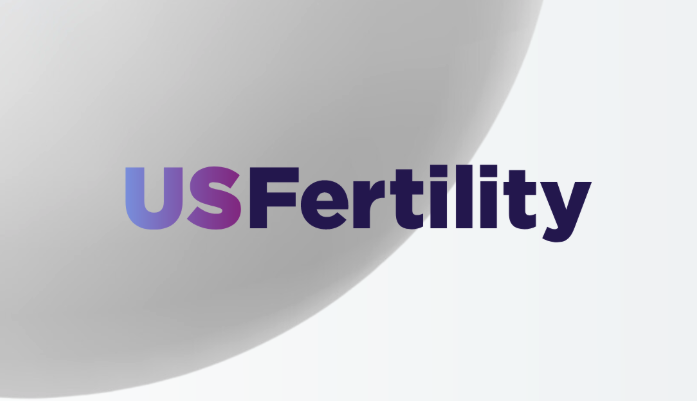

Sex is a basic psychological need that directly impacts how we show up in the world, yet historically it has been a topic that is talked about in hushed tones, if spoken about at all. From a very young age, we are aware of our sexual functions but we are reprimanded for exploring them.
Because of this stigma, sexual health verticals (including vaginal health and STIs) are considered shameful and not well understood. Further, the lack of education around safe and consensual sex practices has a tragic impact on our society.
Fortunately, many are recognizing the significance of Sexual Health and Pleasure and are changing the narrative.
At Amboy Street, our mission is to destigmatize overall sexual health and women’s health by investing in companies that are innovating in the space. We are thrilled to see so many companies creating shame-free and accessible Sexual Health and Pleasure solutions.

Why is Sexual Health and Pleasure overlooked?
To state the obvious, since the beginning of humanity, people have had sex. Looking back through history we get a sense of the deeply engrained shame that looms over the Sexual Health and Pleasure space.
375 BC – In Ancient Greece, men were encouraged to have multiple partners, hire sex workers, and sexual orientation was not a concern. Women, however, were shamed for engaging in sex outside of the home.
Skipping forward…
Early 1900s – Sigmund Freud, known as the father of modern psychology, decided that clitoral orgasms were an indication of psychosexual immaturity and even mental illness!
1960s-1970s – A time known as the “sexual revolution” arose. The feminist movement resulted in the most liberated attitudes towards sex at the time.
1996 – Title V Abstinence-Only-Until-Marriage was established as a new federal funding stream to provide grants to states for abstinence-only-until-marriage programs.
Today – We are seeing a societal shift that is bringing Sexual Health and Pleasure into the mainstream:
- female and gender fluid celebrities, including Dakota Johnson, Cara Delevingne and Lily Allen, join sex-positive startups;
- female rappers, like Cardi B and Megan Thee Stallion, sing about sex-positivity on the national radio;
- hosts of top podcasts, like Call Her Daddy and Girls Gotta Eat, talk to the masses about sex;
- New York Times bestseller, Come as You Are, showcases information and research on mindfulness, desire, and pleasure;
- and Netflix shows explore sexuality including The Principles of Pleasure and Sex, Love & Goop.

Venture Capitalists are missing out
Consumers are clearly ready for mainstream Sexual Health and Pleasure solutions. Yet, Venture Capitalists steer clear of the space. Why? Well many large institutional investors require a Vice Clause in their legal agreements with the VC funds that they invest in. This protects the institutional investors from having exposure to “vice” areas like drugs, alcohol and you guessed it – sex. Because of this, Sexual Health and Pleasure startups are facing unwarranted consequences and have a hard time securing venture capital dollars.
Yet, Sexual Health and Pleasure is a HUGE market that can withstand a recession, a pandemic, and pretty much anything else you can think of (check out our blog post that speaks to this sector’s reaction to an economic downturn). For those of us that don’t have the handcuffs of a Vice Clause, this space is exploding with incredible investment opportunities.

Companies finding success in Sexual Health and Pleasure
Numerous unicorns have emerged over the past few years and promising startups are gearing up for growth.
Last year, Hims, the leading digital health company tackling sexual health issues such as erectile dysfunction went public in a $1.6B SPAC deal. Just a few months later, the two global market leaders in sexual wellness, Wowtech and Lovehoney merged in a $1.2B deal to become Lovehoney Group.
Not only are these sexual wellness giants proving to be a force to be reckoned with, but sexual health and pleasure-focused startups are growing quickly to meet market demand.
Two of our very own portfolio companies, Dipsea and Dame, are innovating in the female pleasure space. Dame continues to be the leading female-focused sexual wellness company, creating a range of shame-free products for all to enjoy. Dame is pushing female sexual pleasure into the mainstream by launching its products in Nordstrom, Bloomingdales and Sephora, as well as advertising on the NY subway system (after suing the MTA for rejecting its ads). Dipsea has built an audio erotica library and earned over 4.9 million listens in 2021. This summer, Dipsea co-founder Gina Gutierrez took the TED talk stage to speak to the world about the power of audio erotica.
On the sexual health side, Evvy is providing unprecedented insight with its at-home vaginal microbiome test and follow-up consultations. Stix is supporting women with at-home tests, products and education for UTIs and yeast infections. Rosy is an app that provides digital health wellness plans for women who want to optimize their sexual health. MyHixel and Morari are solving premature ejaculation while Regimen is targeting erectile dysfunction.
We already knew that everybody has needs related to sex and the market is massive. What is now clear, based on the major valuations in this space and fast-growing revenue of these startups, is that people are turning to venture-backable companies to help meet these needs.
Let’s break the stigma together and invest in an underserved and underfunded market that is yielding incredible returns while bringing sexual health and pleasure to the mainstream.
Next, we’ll explore the history behind the underserved market of Fertility. Subscribe to stay in the know!



